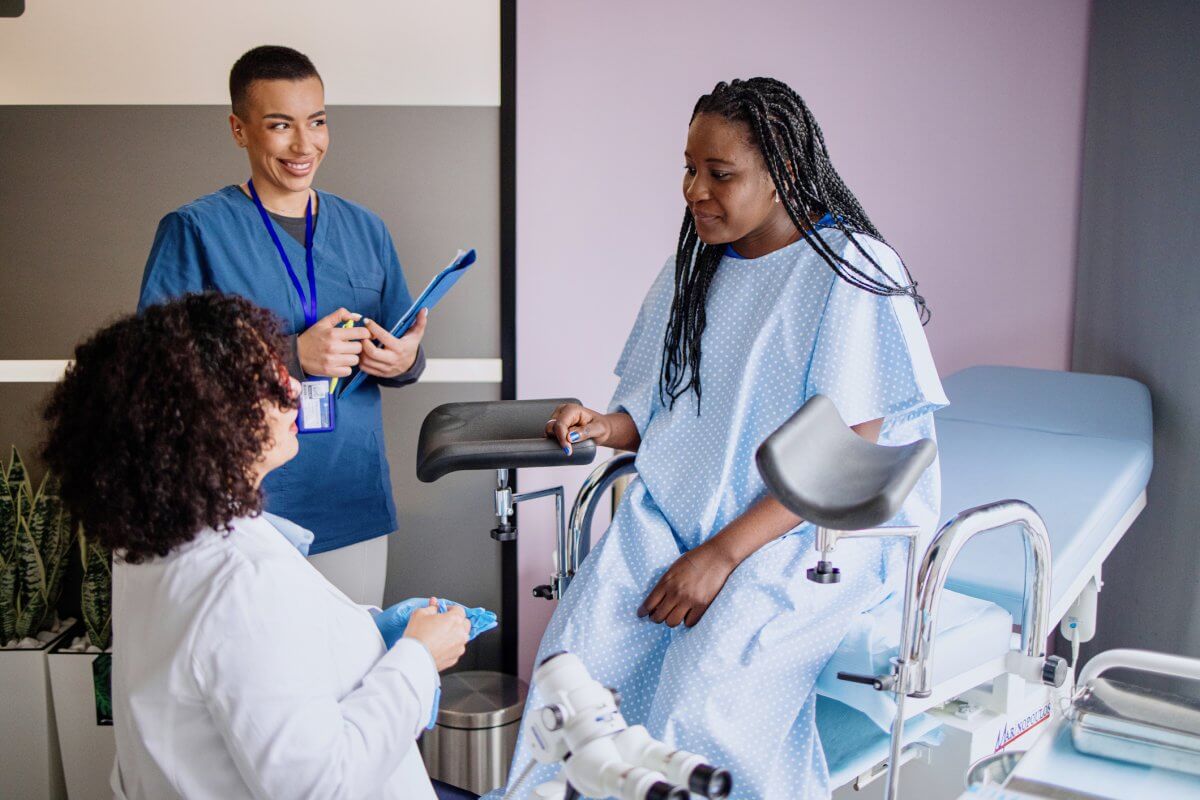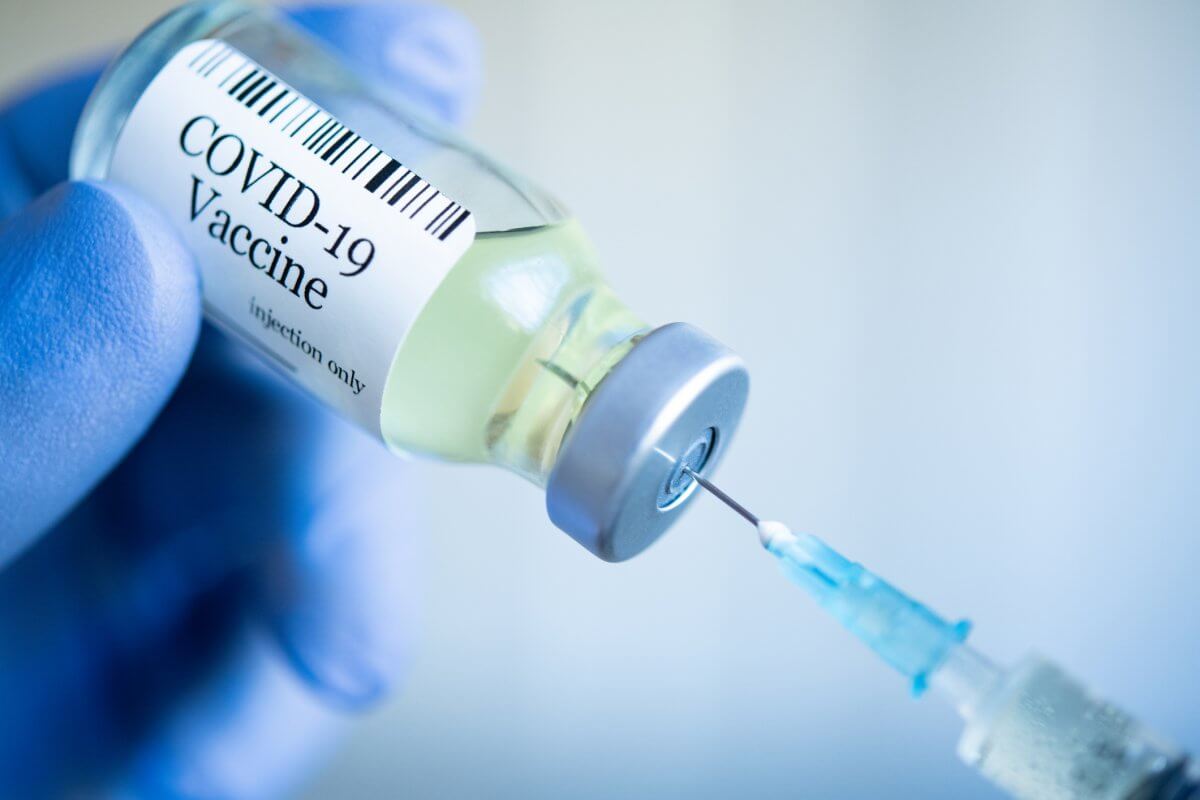Helping a family with one of life’s most precious journeys as a surrogate can be a beautiful experience. You can transform a family’s life and the benefits of surrogacy can help you reach your goals.
Read on to learn how to become a surrogate and what to expect along the journey. You can also get help from a surrogacy professional now.
How to Become a Surrogate Mother
Becoming a surrogate in 2023 typically involves several steps and a thorough screening process to ensure the health and readiness of the surrogate. At American Surrogacy, here are some of the steps you can expect:
Step 1. Research and Learning
The first step is to understand the legal and medical aspects of surrogacy to make an informed decision. It may help to read first-hand accounts from other surrogates. While you can read about the process, our surrogacy specialists are also happy to talk you through each step and help you get started. Click here to get help now.
Step 2. Meet Eligibility Standards
Most agencies have specific eligibility criteria that potential surrogates must meet. These criteria commonly include:
- Being between the ages of 21 and 40
- Having a healthy BMI
- Raising at least one child
- Having no complications in previous pregnancies
American Surrogacy screens for the basic eligibility requirements to become a surrogate and has some additional requirements. You will complete paperwork that details information about your personal, medical and reproductive history. These can help determine whether surrogacy will be a safe option for you.
Step 3. Medical and Psychological Screening
If basic screenings go well, the next step in how to become a surrogate mother is to complete a series of medical and psychological evaluations to assess your physical and mental health. This typically involves comprehensive medical exams, blood tests and screening for infectious diseases. You may also be required to undergo a psychological evaluation to ensure you are mentally prepared for the emotional aspects of surrogacy.
Step 4. Matching Process
Once you have successfully completed the screening and legal steps, we will match you with intended parents whose preferences align with yours. The matching process may involve reviewing profiles and having initial meetings or interviews. We use a mutual matching system so that you can choose a family that fits your preferences.
Step 5. Embryo Transfer and Pregnancy
Once you’ve matched with the intended parents, we will work closely with a fertility clinic and the intended parents’ reproductive specialist to schedule fertility treatments and a pregnancy attempt. You will undergo fertility treatments, which may involve hormone injections and medical procedures, to prepare your body for embryo transfer. After a successful transfer, you will continue with regular prenatal care throughout the pregnancy.
Step 6. Making Dreams Come True
After the baby is born, it will be handed over to the intended parents, and you may have the opportunity to have a relationship with them if desired. Legal arrangements will ensure that the intended parents become the legal parents of the child.
It is essential to note that surrogacy laws and regulations can vary by state, so it is crucial to consult with legal professionals who specialize in reproductive law to understand the specific requirements and processes in your jurisdiction. Working with a reputable surrogacy agency like American Surrogacy can provide guidance and support throughout the entire surrogacy journey.
How to Become a Surrogate Mother for Money
At American Surrogacy, we advocate for compensated surrogacy because of the time and effort it takes to be a surrogate. If you complete our screening process and are approved and matched with a family, you will receive compensation for the process.
That being said, if the only reason you want to become a surrogate is the money, this may not be the path for you. Surrogacy can be an emotional and at times difficult journey, and most successful surrogates have a strong desire to help another family grow.
How Can I Become a Surrogate Today?
The first step to becoming a surrogate is to get help from a professional, who can help you through all of the questions you have when you are wondering “How do I become a surrogate?” You can click here to get help from our surrogacy professionals now.




![6 [Surprising] Things That Could be Affecting Your Uterine Lining](https://www.americansurrogacy.com/blog/wp-content/uploads/2021/05/GettyImages-1250580620-1200x800.jpg)




